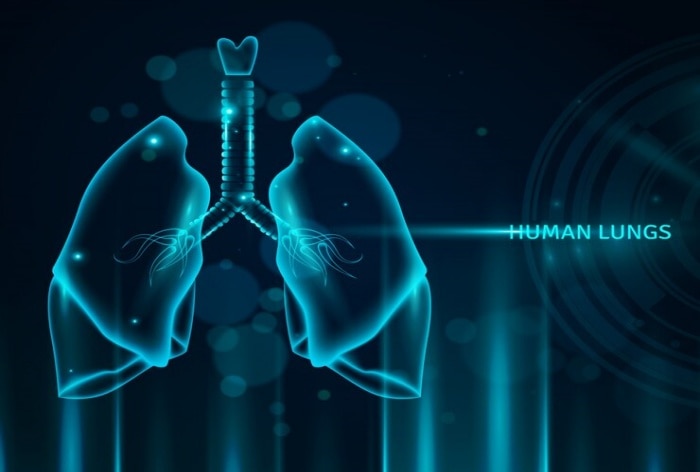Big Bang Theory actress, Kate Micucci, recently revealed that she was diagnosed with lung cancer and had never smoked a cigarette. The question arises, is it possible to get cancer when you don’t smoke?
DOCTOR VERIFIED
Lung cancer is increasingly becoming a worldwide health concern. It is one of the leading causes of death about cancer. Recently, Big Bang Theory famed actress Kate Micucci revelead that she had been diagnosed with lung cancer. Comedian and actor who played the role of Lucy in the show, took to her TikTok account and shared the news via a video. She also claimed to have “never smoked a cigarette”. In her video, she said, “Hey everybody, this is not a TikTok, it’s a ‘Sick Tok.’ I’m in the hospital but it’s because I had lung cancer surgery yesterday.” She added, “They caught it really early. It’s pretty weird because I’ve never smoked a cigarette in my life. So, you know, it was a surprise, but also, I guess it happens.”
Hence, the question surfacing the internet is the confusion about developing a tumour even when a person does not smoke. To understand the risk, causes and prevention, India.com got in touch with Dr. Sreenivass B J, Medical Oncologist and Lung Cancer Specialist, HCG Cancer Hospital, Bangalore to better comprehend the diseases. Speaking exclusively, the doctor said, “Lung cancer can indeed affect individuals who have never smoked. Various risk factors beyond smoking can contribute to the development of lung cancer.”
LUNG CANCER RISKS, CAUSES AND PREVENTION
- Secondhand Smoke: Exposure to secondhand smoke increases the risk of developing lung cancer. Even if someone doesn’t smoke themselves, exposure to smoke from others can be harmful.
- Radon Exposure: Radon, a colorless, odorless gas found in rocks and soil, can seep into homes and buildings. Prolonged exposure to high levels of radon can elevate the risk of lung cancer.
- Environmental Factors: Exposure to certain carcinogens in the environment such as asbestos, arsenic, diesel exhaust, and some chemicals used in workplaces like uranium, coke, and certain metals can increase the risk.
- Genetics: Some individuals might have a genetic predisposition to lung cancer, making them more susceptible even without the typical risk factors.
- Air Pollution: Long-term exposure to polluted air, especially in urban areas with high levels of pollutants, can contribute to lung cancer risk.
Preventive Measures:
- Avoiding Tobacco Smoke: Even secondhand smoke can pose risks, so staying away from smoking environments is crucial.
- Testing for Radon: Homes should be tested for radon levels, and if high, steps should be taken to reduce exposure.
- Workplace Safety: Protective measures and adhering to safety regulations in workplaces where exposure to carcinogens is possible can reduce risk.
- Healthy Lifestyle: A balanced diet, regular exercise, and a healthy lifestyle can help reduce the risk of various cancers, including lung cancer.
- Screening and Early Detection: Regular check-ups and screenings for those at higher risk due to family history or other factors can aid in early detection and better outcomes.
It is important to note that while these factors can contribute to lung cancer, they do not guarantee someone will develop it. However, minimising exposure to these risk factors and leading a healthy lifestyle can significantly reduce the chances of developing lung cancer, even for those who have never smoked. Regular medical check-ups and early detection remain crucial for managing and treating lung cancer effectively.
–>
